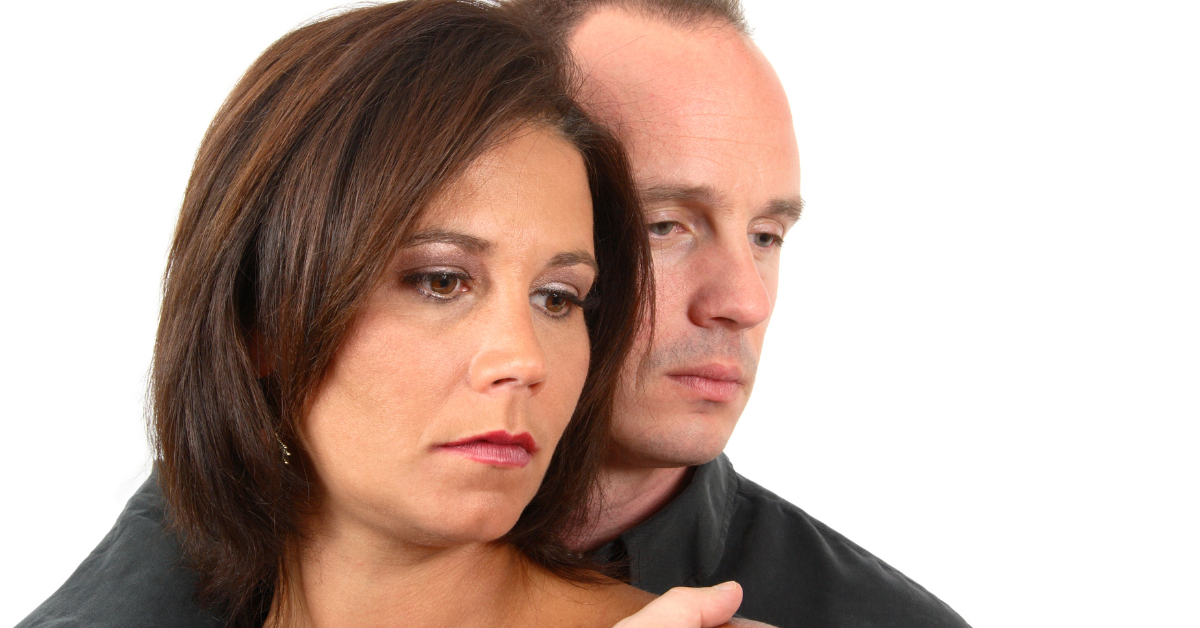Adoption After Infertility: Grieving What Could Have Been and Moving Forward
Prospective adoptive parents pursue adoption for various reasons, this can include expanding their family following the birth of a child or creating a family as a single person. For others, the route to adoption can come after unsuccessful fertility treatments or a diagnosis of infertility.
A diagnosis of infertility often comes with mixed emotions alongside tangible financial and physical costs. Many individuals experience grief and loss as a result of their inability to have biological children. For individuals who do pursue fertility treatments, the high cost of these treatments often leaves many middle- and low-income families with very limited financial capacity for adoption. Additionally, fertility treatment entails invasive procedures that leave the body tired among other side effects. Those choosing to adopt after infertility carry these antecedents alongside grief and loss of what could have been. Elissa, an adoptive mother with a history of failed fertility treatments, speaks to her own journey and the “...mighty high calling of being a parent” which she fulfilled by way of intercountry adoption.
Experience with Fertility Treatments and Journey to Adoption
From a young age, Elissa realized that conceiving and carrying a child would be difficult. Elissa was diagnosed with thyroid cancer at sixteen years old and twice more before she reached her twenty-second birthday. She “...went into early menopause and ovarian failure” during this time and quickly understood that having biological children might not be an option for her.
When Elissa met her husband and told him about her possible infertility, he validated her peripheral desire to build a family through adoption. Knowing this, Elissa and her husband still decided to pursue fertility treatments prior to beginning the adoption process. Elissa shared that throughout treatment the high levels of hormones made her feel terrible. When she was informed that there were no viable eggs, Elissa and her husband started to explore the types of adoption available to them.
The couple eventually decided to pursue an intercountry adoption from China, and simultaneously considered one more form of fertility treatment: egg donation. Elissa and her spouse were two years into the adoption process when her husband suggested this treatment to her. Elissa divulged that “again, [she] didn’t feel good on the hormone treatment [and] felt kind of dehumanized by the egg donor process.” This process, she told me, was like “catalog shopping for a designer baby and it just felt really wrong .” Elissa shared feeling defeated, and that “the disappointment of how long [the adoption] was taking plus [her] body betraying [her] again...was pretty depressing.”
Around six to eight months after her experience with fertility treatment, Elissa and her husband adopted their first child, a daughter, from China. After two more consecutive adoptions from China, bringing the children’s culture into the home was important to both Elissa and her husband. The children were each adopted at different ages and from different biological families, but their common denominator, their Chinese heritage, was an important component of their identities that Elissa and her husband were determined to preserve. She shared that “[their family] started going to a Chinese church” and centered the children’s adoption stories at the forefront of their upbringings. Elissa said that “[her] family is Chinese” and went on to explain that with the adoptions brought a new family identity, one deeply intertwined with their children’s Chinese heritage.
Elissa’s journey through fertility treatments and ultimately to adoption was not physically or emotionally easy. (For many families, this process can be financially taxing too). As a cancer survivor, her body had already undergone harsh procedures that rid itself of viable eggs. Elissa also experienced the grief and loss of being unable to conceive a biological child after two failed fertility treatments, likely a disappointment to both Elissa and her spouse. Elissa’s story presents a reality relatable to many other persons and couples dealing with infertility. There is valid grief and loss associated with the inability to reproduce. She shared that “you don’t have to be all the way healed” to pursue adoption, a notion that threaded through her life for many years following the adoptions of her children. Elissa’s experience offers a glimpse into this reality and provides a sense of hope for those considering adoption as a route to parenthood.
Provisions to Those Considering Adoption
When asked what advice she would offer to those pursuing adoption after infertility, Elissa shared that “...it’s okay to grieve not being pregnant or having your own kid, whichever is hardest for you. It’s okay to grieve that and pursue adoption.” She expressed that grief and loss were integral in her healing process, and that this process can take time and isn’t always linear. Elissa shared that as you process grief and begin to heal, there are ups and downs in the journey. For her, this “loss is always going to be there, but it doesn’t mean you can’t love again.” She reiterated that building her family through adoption came with emotions tied to previous loss. An endocrinologist told Elissa at twenty-one about the course cancer had run through her body, and still this loss carried weight throughout fertility treatments and the adoption process.
Elissa closed her provisions in saying that, “There are so many unknowns with any path to parenthood...and it feels like there’s more unknowns with adoption, but that’s not really true.” She hopes that prospective adoptive parents will understand that the unknowns of having a biological child versus an adopted child can be very parallel. That is not to say that their needs are exactly the same, but rather that parenting any child will present joys and challenges unique to the child themselves.
Final Thoughts
Infertility is, often, intrinsically connected to grief and loss associated with the inability to have a biological child. Elissa’s story offers a glimpse into her journey to parenthood fraught with prior fertility treatments. Three intercountry adoptions later, her reflections upon this personal experience, alongside the special calling of motherhood through adoption, offer an important perspective that can increase understanding and empathetic support for those walking a similar journey.
Endnote:
In National Council For Adoption’s recent research[1], over 4,000 adoptive parents were surveyed regarding various aspects of adoption, including the primary motivation to adopt. For those who pursued private domestic adoption, about 37% cited infertility as their primary reason for adopting a child or multiple children. About 17% of persons who had completed intercountry adoptions and about 16% of parents who had adopted from foster care also chose infertility as their primary motivation to adopt. Elissa’s experience of adopting after infertility represents a common experience for many of those who participated in this research.
[1] Hanlon, R. & Quade, M. (2022). Profiles in Adoption: A Survey of Adoptive Parents and Secondary Data Analysis of Federal Adoption Files. Alexandria, VA: National Council For Adoption.

